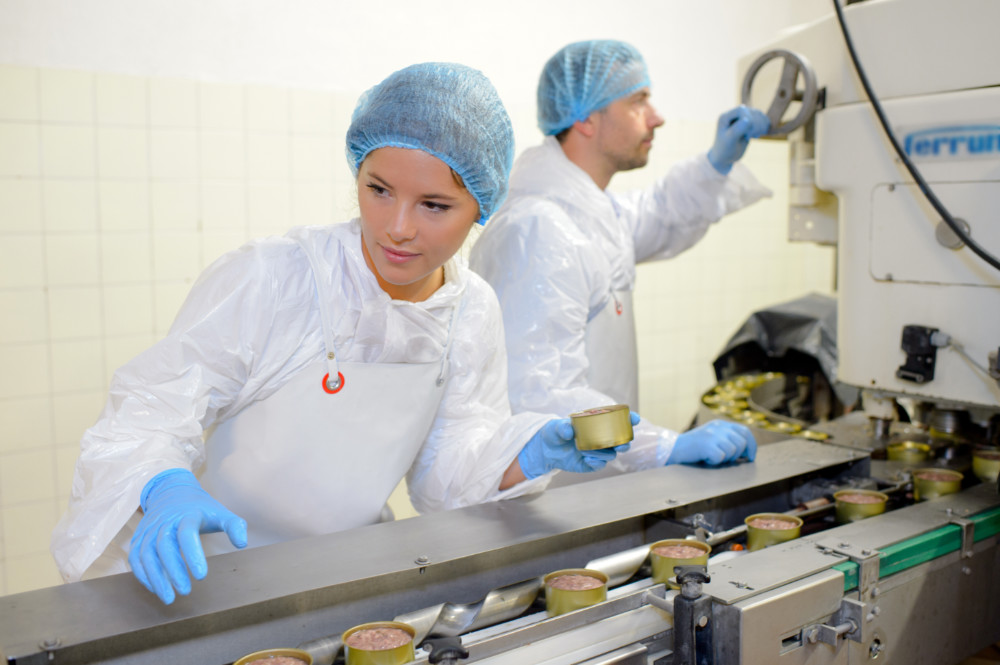The European Commission has outlined new plans to speed up the development of fermentation-made foods, positioning the sector as a potential driver of green growth, resource efficiency and industrial competitiveness.
Its updated Bioeconomy Strategy places a strong emphasis on precision and biomass fermentation, both used to create high-protein ingredients, sustainable oils and next-generation meat alternatives. The Commission signals a clearer pathway for companies by proposing technical support for small firms, faster product approvals and new “regulatory sandboxes” to help shape standards for emerging technologies.
Fermentation-made foods fall under the EU’s Novel Food Regulations, a process that is often challenging for early-stage businesses. The strategy also acknowledges the lack of large-scale production sites in Europe and outlines plans to expand access to pilot plants, increase investor coordination and introduce blended-finance options for projects such as biorefineries and fermentation facilities.
The Netherlands has taken a complementary step by allowing the first public tastings of fermentation-made foods within the EU. A new national Code of Practice sets out how companies can offer samples of items such as animal-free cheese, eggs, and fats, provided they meet strict safety conditions. The framework applies to both precision and biomass fermentation, offering a model that other EU member states may choose to follow.


